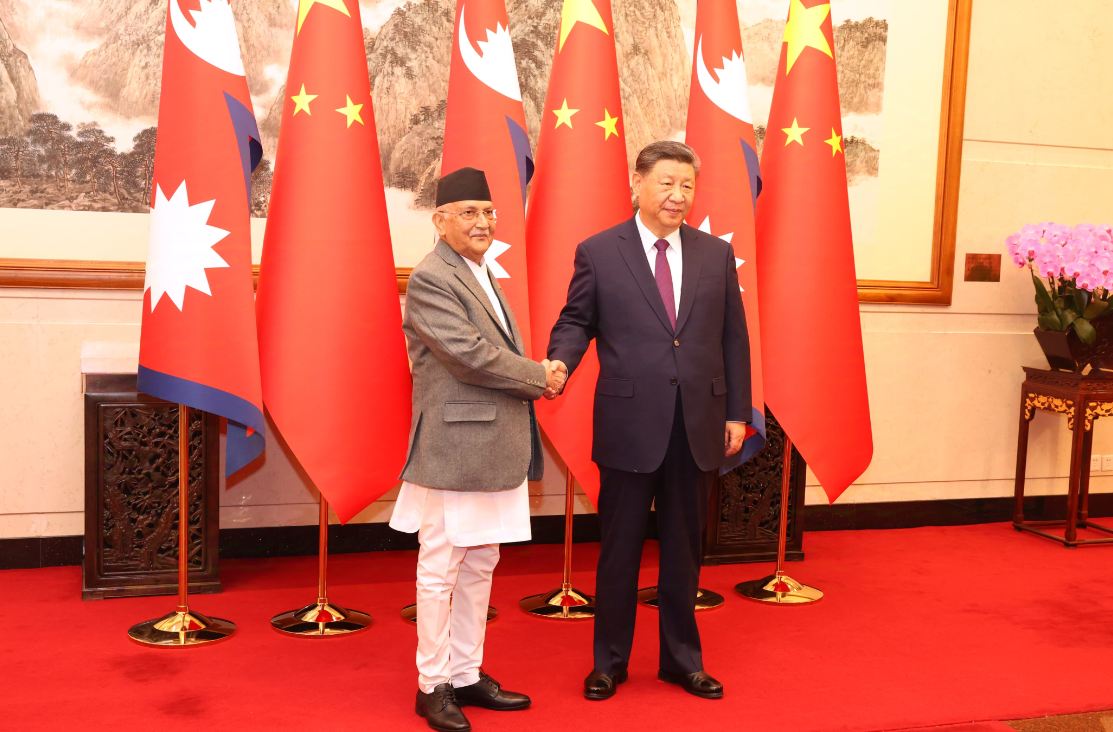
Nepal is currently navigating a complex web of geopolitical interests involving major powers such as India, China, and the United States. The shifting dynamics of geoeconomics have become a significant factor in shaping Nepal's foreign policy, especially as China seeks to deepen its economic ties with Nepal while aiming to reduce the latter's dependence on India. This strategic pivot has gained momentum since the political landscape shifted to elected governments post-2007, although political instability has persisted since the adoption of the 2015 constitution. [e556a340]
Mrigendra Karki, a prominent political figure, emphasizes the importance of maintaining Nepal's sovereignty and pursuing a non-aligned foreign policy. In contrast, Chandra D Bhatta advocates for a more pragmatic approach to diplomacy, suggesting that Nepal must carefully balance its relationships with these major powers while asserting its own national priorities. The relationship with India has particularly strained since the 2015 blockade, which has prompted Nepal to explore alternatives. [e556a340]
The United States has also increased its involvement in Nepal, primarily through development aid initiatives such as the Millennium Challenge Corporation (MCC). This engagement reflects the US's interest in enhancing its influence in the region, particularly as Nepal seeks to assert its independence in foreign affairs. Prime Minister KP Sharma Oli's recent diplomatic efforts have aimed at recalibrating Nepal's foreign relations amidst these competing interests. [e556a340]
Looking ahead, the global political landscape, particularly the 2024 elections, may significantly impact geopolitics in the region. Additionally, Nepal's diaspora is seen as a crucial component for economic growth, highlighting the need for proactive engagement in multilateral platforms. There is a growing call for a dynamic geostrategic balancing strategy that allows Nepal to navigate these complex relationships effectively while prioritizing its own development goals. [e556a340]